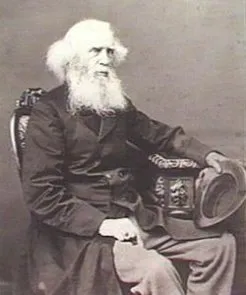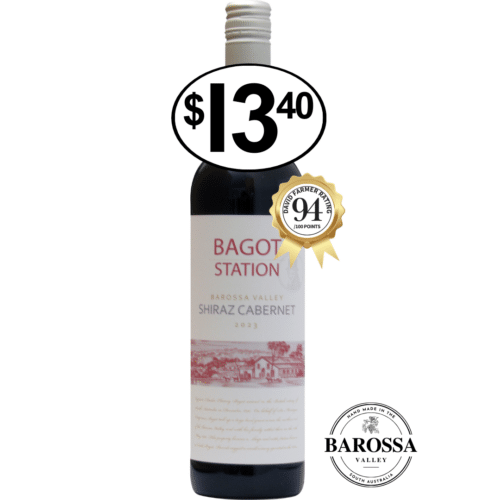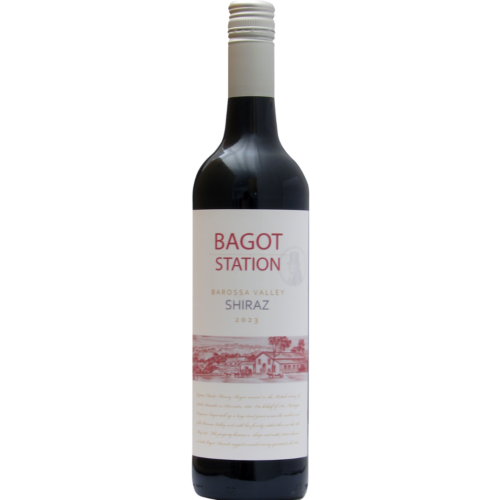Bagot Station – named after Charles Hervey Bagot (1788-1880) who called his original 1500 acres on the Light River Koonunga. Bagot (1788-1880), soldier, pastoralist and mine owner, was born on 17 April 1788 at Nurney, County Kildare, Ireland.
After active military service Captain Bagot migrated with his wife and five children to South Australia in the Birman, in charge of 224 emigrants, and landed at Adelaide in December 1840. He had been commissioned by Sir Montague Chapman to select and manage a special survey. He chose several sections, and in return received his own 1500 acres (607 ha).
The station was named as Bagots in an 1842 map but by 1844 was referred to as Koonunga Station and sometimes as Castle Bagot.

1842 saw Bagot’s youngest son, Charles Samuel, discover an outcrop of copper ore on the site of what became the Kapunda mine. The mine was a source of considerable family income. That enabled Captain Bagot to afford trips to Ireland, England and Europe while on wo occasions being elected to the South Australian Legislative Council.
The Australian Dictionary of Biography records how as a politician he opposed state aid for churches and thereby fell out with many Anglicans. This led him to take a prominent part in the establishment of the Congregational Church at North Adelaide in 1864. He later became patron of the Total Abstinence League and supported a host of philanthropic movements.
How a Penfolds Wine Got a Hill in its Name
An interesting sidelight is how his Koonunga home is now part of wine history as related below.
“Although by the late 1950’s most of the Koonunga district was serviced by a manual telephonesystem , the majority of subscribers were on shared party lines and consequently there was no privacy. The Post Master General Department decided that to rectify the situation, a new automatic exchange would be built in the district. PMG called a public meeting on 18 th May 1959 to receive public input as to the name of this new automatic exchange.
Many suggestions and interjections were made and after a majority vote Koonunga was chosen. However, the authorities rejected this on the grounds that telephonists from other areas would find it difficult to distinguish between the names Koolunga, Kapunda, Tanunda etc.
Not to give in easily one bright spark piped up and said, ‘Put a hill on the end.’ The PMG spokesman said OK!. The new exchange will be called Koonunga Hill.” *
Hence we now have Penfolds Koonunga Hill.
*From Koonunga District 1840-2003 – Celebrating 75 Years of the Koonunga Branch of the Agricultural Bureau of SA 1928-2003. Chris Andretzke 2004


